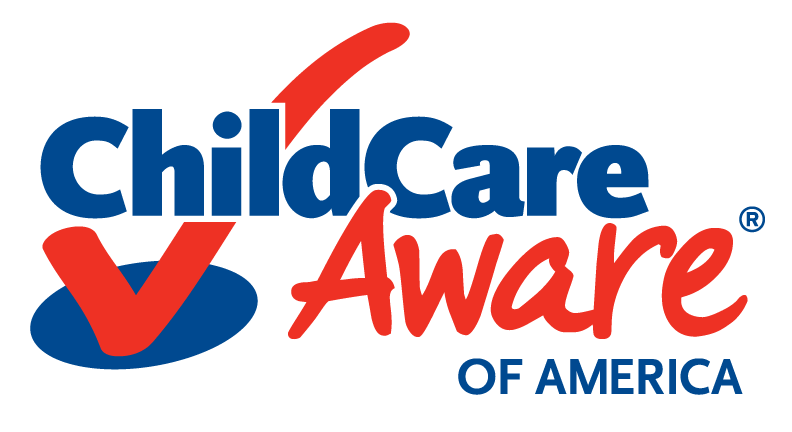

If you’re a parent with a young child in child care, chances are you’ve had a call to pick up your child due to some type of illness. Nearly 11 million children under age six are in some type of child care every week. As every parent knows, colds happen. Other illnesses happen too, but recognizing when a child should be excluded from child care and when it’s okay for them to stay in group care, varies by state and by program.
A study PUBLISH in Pediatrics Magazine in May 2012, “Unnecessary Child Care Exclusions in a State That Endorses National Exclusion Guidelines” found that child care center directors would exclude nearly 60 percent of children with mild illnesses – although guidelines by the American Academy of Pediatrics (AAP) and the American Public Health Association (APHA) would not warrant their exclusion. Directors with greater child care experience made fewer unnecessary exclusion decisions. The authors of the study recommended that child care center directors have initial and ongoing training regarding the AAP/APHA guidelines to reduce the high rates of unnecessary exclusion. For the AAP/APHA cheat sheet on exclusion symptoms and signs, click here.
What’s the big deal?
When children are excluded from child care due to illness, working parents have to scramble to figure out how to take care of their children and still meet their work obligations so that they can support their families. Many child care programs exclude sick children until they have a doctor’s note, are taking antibiotics, or their illness has improved or resolved. In some situations, that’s warranted. But, for many mild illnesses, it’s not. A national poll of parents with children under age 6 in child care by the University of Michigan C.S. Mott Children’s Hospital found:
- Nearly two-thirds (62 percent) of parents say their children could not attend because of an illness in the past year.
- Nearly 40 percent (38 percent) of parents say their child was unable to attend child care three or more times during the past year.
- One-third (33 percent) of parents are concerned about losing their jobs or losing pay when taking off work to care for their sick children.
- Nearly 10 percent of parents say that taking their sick child to the emergency room is more convenient than seeing a primary care doctor.
Work Impact:
- 42 percent of parents said they had missed work in the last year due to their child’s illness.
- 26 percent of parents said they missed work 3 or more times over the last year due to their child’s illness.
- 50 percent of parents said that finding alternative or back-up child care for their sick children was difficult.
- 33 percent of parents said taking time off from work with a sick child is difficult because they may lose pay or their job.
Clearly, there are illnesses that warrant exclusion. And, no doubt, child care program directors are trying to balance a healthy setting for all children against the working needs of parents. At the same time, the authors of the May Pediatrics article found that many directors were not aware of the AAP/APHA guidelines.
Appropriate handling of sick children, including exclusion policies, is yet another reason why training for child care providers (and directors) can make a difference. Training can also help child care providers use healthy practices to reduce the spread of germs. The Child Care and Development Block Grant (CCDBG), the law that allocates funds to states for child care and sets the framework for state child care laws, does not require any training for child care providers – not even basic health and safety practices (let alone sick child exclusion policies).
Contact your Members of Congress today to urge that CCDBG require minimum training for child care providers. Children do get sick. Child care providers need to know when to exclude children and how to reduce the likelihood that germs will be spread. Training can address both, yet state policies vary greatly. It’s time for Congress to require training.
{{cta(‘689d4ea2-a09a-4346-b3f0-0e1a7ae7c80b’)}}


